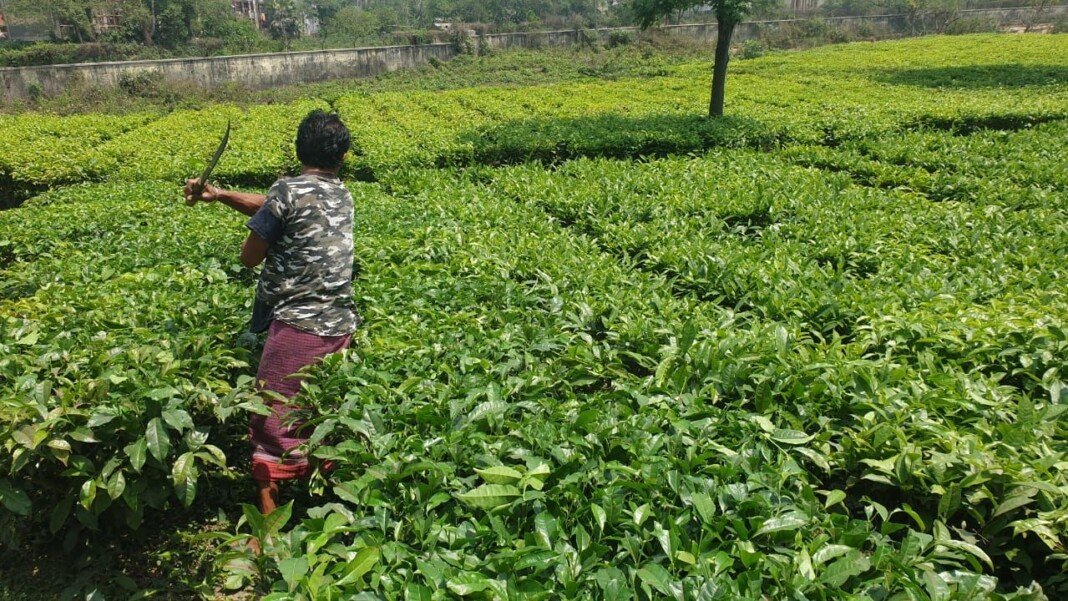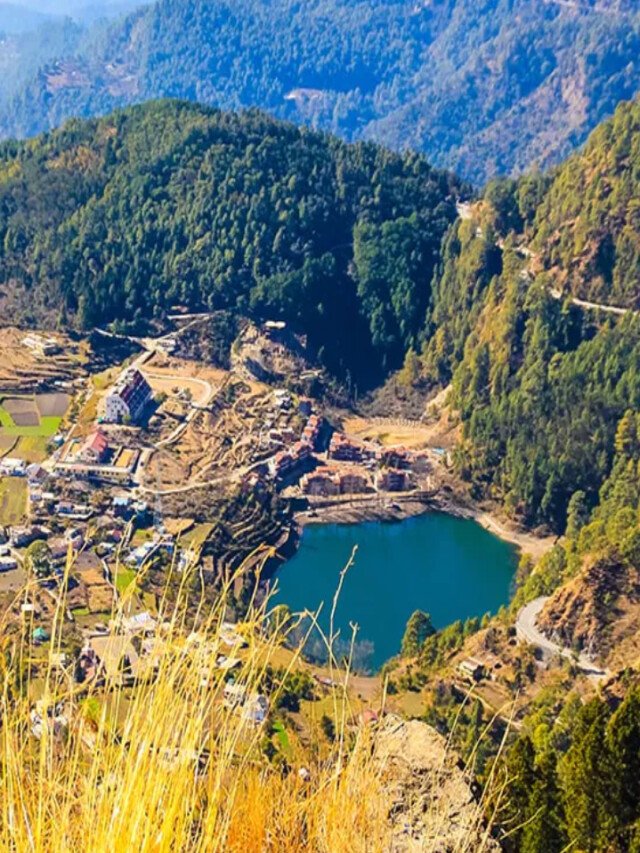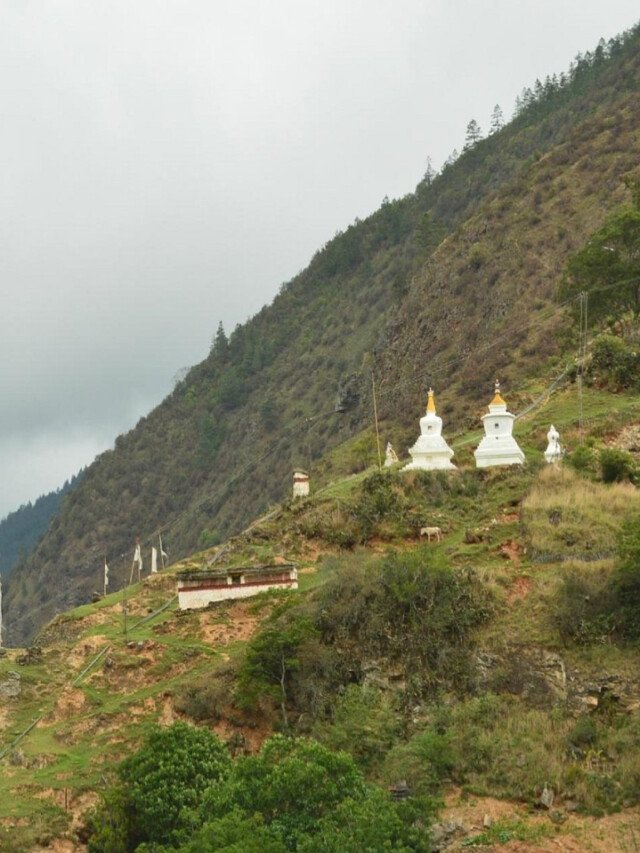NARAYANPUR, April 18: It has been a single-point agenda for small tea growers in Assam’s Lakhimpur district, along the border with Arunachal Pradesh, before every government for several years allotment of garden land in their names.
The repeated pleas have so far not yielded any positive result, though they remain hopeful whenever an election approaches that their demand will finally be met by the new regime.
“Most of the areas under tea cultivation here fall under the tribal belt. And hence, we are not getting allotment. We have been repeatedly urging the government to de-notify the area or make provisions for allotment for us as the tribal population in this part is not even 10 per cent,” Jatin Chandra Bora, advisor, Lakhimpur District Small Tea Growers Association, said.
Mentioning specifically about Bholabari, Dhalpur, Rajgarh, Rangoti and Simojluguri panchayats in western part of Lakhimpur, he said, “As per information from the office of the deputy director of economics and statistics, these panchayats have a total population of 48,006, out of which 8,096 are tribals, constituting a little more than 8 per cent.”
However, since this entire stretch comes under protected tribal belt, land allotment to non-tribals is not possible, he said.
Jyoti Prasad Hazarika, president of the local unit of small tea growers’ body, claimed that though the area was under tribal belt, previously the government had provided them temporary allotment and certain, limited benefits.
“In 2008, the land advisory board had allotted 20 bighas of land each to several small growers on a temporary basis. We also paid ‘khazana’ (land revenue) till the administration stopped accepting it a few years back.
“The protection under tribal belt was there earlier also, but it has only been since 2019 when it has been so strictly enforced that we don’t have any kind of right over the land under cultivation or even a document that we are using it,” Hazarika claimed.
Another local small tea grower Bhaben Bora added, “Since the tribal population is very meagre in this area, the government can decide to de-notify it so that the indigenous, non-tribal people can get benefits.”
He said that due to the non-availability of land patta in their names, the small growers are not eligible for benefits of schemes by the Tea Board India or even the state government.
They have held several meetings with district officials and even sent memorandums to chief ministers, but are awaiting a positive response.
“This January also, we met and handed our representation to the Revenue minister. He was sympathetic to our cause and we are hopeful something will happen,” Jatin Bora said.
Besides those in Lakhimpur district, many small tea growers in bordering parts of Sonitpur and Dhemaji districts also face the similar problem of land allotment as the land comes under tribal belts and blocks, they maintained.
Chief Minister Himanta Biswa Sarma had said in February that the government was aware that numerous indigenous but non-tribal communities in Lakhimpur were being deprived of land pattas due to the restrictive rules and regulations of tribal belts and blocks.
The current government was trying to mitigate the land-related woes of such non-tribal indigenous communities, he added.
There are 48 declared tribal belts and blocks in the state, with Lakhimpur having one such belt.
As per Tea Board India data, there are a total of 1,25,484 small tea growers in the state, who have 1,17,304 hectares of land under cultivation and contribute nearly 48 per cent of the total tea produced annually in the state. (PTI)








